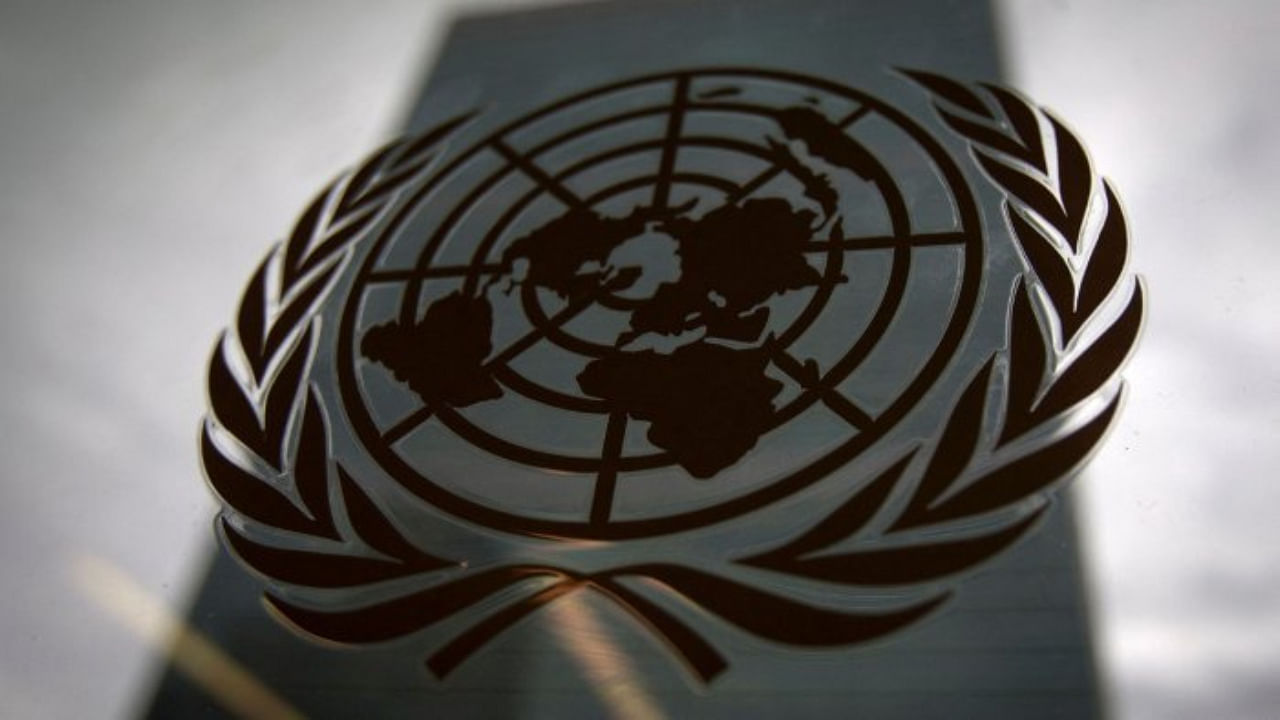
UN logo.
Credit: Reuters File Photo
Nairobi: Somalia's government has requested the termination of a UN political mission that has advised it on peace-building, security reforms and democracy for over a decade, according to a letter the foreign minister wrote to the Security Council.
The request for the departure of the 360-member United Nations Assistance Mission in Somalia (UNSOM) when its mandate expires in October took the mission by surprise, three UN officials told Reuters, asking not to be named.
In the face of continuous conflict since 1991, including a two-decade insurgency by al Qaeda-linked militants, Somali authorities have taken steps to restore services and provide a measure of security. But the Horn of Africa nation of 17 million people remains among the world's most violent and impoverished.
The end of the political mission is separate to a UN-mandated African Union peacekeeping mission, currently comprising at least 10,000 soldiers, which is due to withdraw and hand over to the Somali state by the end of this year.
The three UN officials confirmed the authenticity of the May 5 letter, which was circulated on social media on Thursday. Somali officials did not respond to requests for comment.
'More assertive' state
In the letter, Minister of Foreign Affairs Aimed Moa Fiji did not give reasons, saying only that the government believes "it is now appropriate to transition to the next phase of our partnership".
A Somali presidential adviser confirmed the authenticity of the letter and said Somalia no longer needed support from the UN to coordinate with the international community as was the case under UNSOM.
"UNSOM played a critical role, but now it outlived its usefulness," the adviser said, adding that the mission also had a high annual cost of $100 million.
Matt Bryden, a Somalia analyst and co-founder of the Sahan think tank, noted that the federal government had previously accused UNSOM of interfering in internal affairs.
President Hassan Sheikh Mohamud has been moving to centralise authority through changes to the constitution and other reforms while UNSOM has been trying to strike a balance between the federal government's agenda and the desire of individual states for more autonomy, Bryden said.
"We should expect more assertive and unilateral FGS (federal government of Somalia) initiatives with respect to constitutional revisions, federalism, and elections," Bryden said.
In a statement to Reuters, UNSOM said Somalia's request was "a testament to the work of UNSOM in support of the Somali authorities these past years".
Other UN offices, including humanitarian agencies, would continue to operate in Somalia, said UNSOM, which was created in 2013.